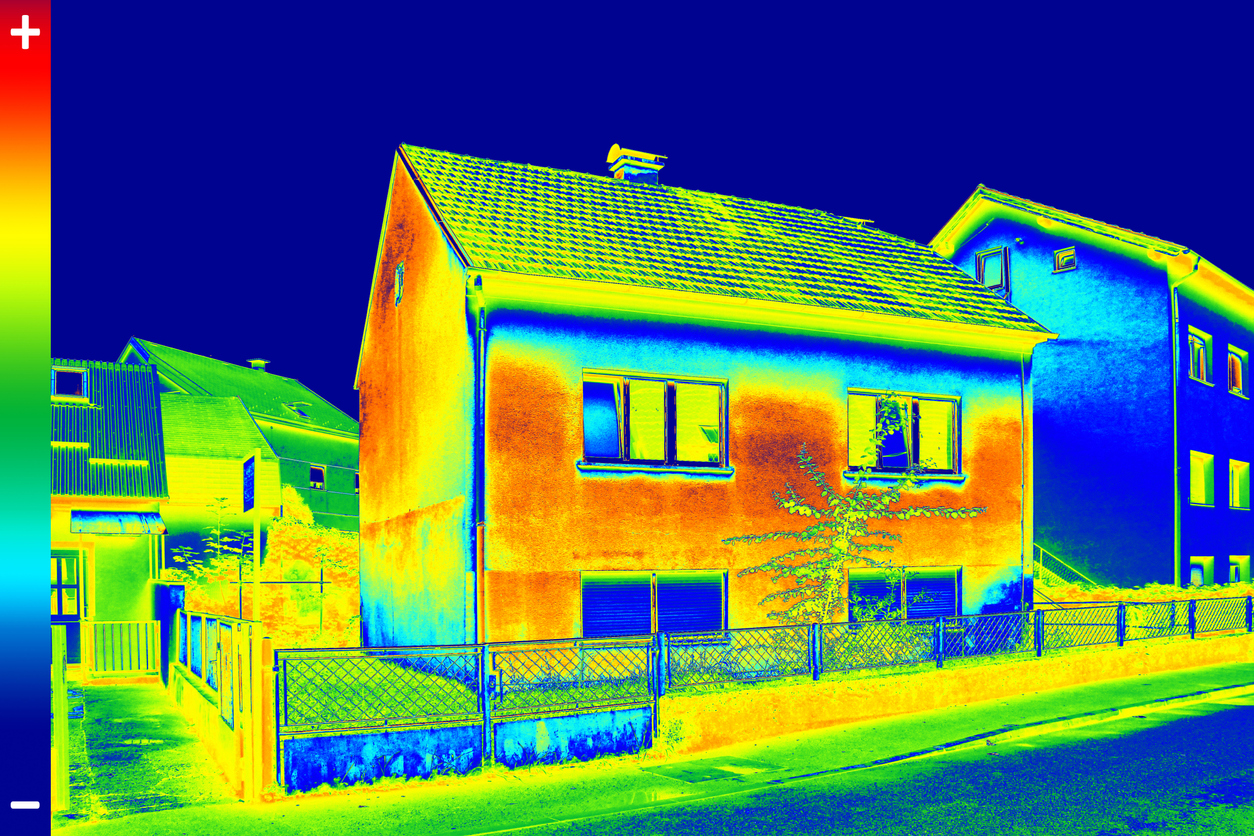
Electric Vehicle Charge Points Soon to be Required in Residential and Non-Residential Buildings
Date: 14/03/2023 | Environmental, Real Estate, Residential Development
New regulations to ensure that developers include electric vehicle (‘EV’) charging points when residential and non-residential buildings with parking spaces are constructed or undergo major renovation will come into force on 5 June 2023.
The transport sector is the largest emitter of greenhouse gases in Scotland accounting for 29% of all emissions in 2019, with road transport making up 66% of those emissions. Therefore, the policy is part of the overall commitment to reach net-zero emissions of all greenhouse gases by 2045 and it aims to support and encourage the demand for EVs by making charging cheaper and more convenient.
A consultation took place following which The Building (Scotland) Amendment (No. 2) Regulations were drafted to amend Schedule 5 of the Building (Scotland) Regulations 2004 to implement the changes.
In what circumstances will the regulations apply and what are the exemptions?
New residential buildings:
- All dwellings with a parking space will be required to have at least one EV charge point socket with minimum 7kW rating.
- An exemption is to apply if the additional cost of electricity grid connection will exceed £2,000 in which case ducting infrastructure (to support future installation of an EV charge point) is to be installed in each car parking space instead.
Residential buildings undergoing major renovation:
- Where buildings have more than 10 car parking spaces ducting will have to be installed in each residential car parking space unless the cost of recharging and ducting infrastructure exceeds 7% of the total major renovation cost.
- EV charge point sockets are to be installed with a minimum of 7kW output power rating in as many residential car parking spaces as the electrical capacity of the building post renovation allows.
New non-residential buildings:
- 1 in every 2 non-residential parking spaces in buildings with more than 10 non-residential car parking spaces will be required to have ducting installed and 1 in every 10 parking spaces will be required to have an EV charge point with a 7kW minimum rating.
Non- residential buildings undergoing major renovation:
- Where a building has more than 10 non-residential car parking spaces, 1 in every 2 will be required to have ducting installed and 1 in every 10 will be required to have an EV charge point socket with a minimum rating of 7kW.
- An exemption exists where the cost of recharging and ducting infrastructure exceeds 7% of the total major renovation cost.
Existing non-residential buildings:
- It was proposed that existing non-residential buildings with more than 20 non-residential car parking spaces should be required to ensure that 1 in every 2 spaces have ducting installed and 1 in every 10 provide an EV charge point socket with a minimum of 7kW output rating. However, following the consultation response, the Scottish Government decided not to proceed with this proposal for the time being. They advised that this is due to the fact that this proposal, unlike the others, could encourage car users into areas that could be better served by more sustainable travel options and would not give the flexibility to local planners or those delivering local transport needs to make decisions that would be appropriate for those areas. The situation is to be monitored.
Accessibility:
- At least 1 accessible parking space will be required to have an EV charge point socket for every 4 accessible parking spaces.
- This requirement will be over and above the requirements set out in the other proposals.
Concerns highlighted and the Scottish Government’s response:
The main concerns raised, in the consultation responses, included: the cost implications in relation to the installation of charge points (such as up-front costs, ongoing maintenance costs and the costs of retrofitting existing non-residential buildings); the capacity of the grid and associated infrastructure and the proposals being at odds with broader aspirations to reduce car usage.
In relation to concerns about costs, the Scottish Government’s view was that the abovementioned exemptions are in place to assist with this. They advised that they continued to engage with the Distribution Network Operators and energy providers regarding grid capacity whilst developing the regulations. Regarding the broader aspirations to reduce car use, the Scottish Government stated that the plans are part of the overall approach to enabling a more sustainable travel and transport system, but we must acknowledge that car use will continue particularly in the short to medium terms and therefore to decarbonise transport expansion of the EV charging network is necessary.
Laura Tainsh is experienced in dealing with climate change legislation and would be happy to help should any of the issues raised affect you. Please contact laura.tainsh@dcslegal.com.

























































































